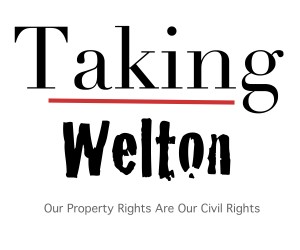In Gardens case, progressives reap what they sow
“The question concerns a redevelopment plan in the Philadelphia suburb of Mount Holly. Officials there have been razing homes in the low-income Mount Holly Gardens neighborhood with an eye toward building fancier homes (some costing five times as much) in their place.
The residents of the Gardens are fighting the redevelopment plan by claiming discrimination. They argue the city’s plan will have a “disparate impact” on black and Latino residents — 75 percent of those who live in Mount Holly Gardens are minorities — and it therefore violates the federal Fair Housing Act.
Disparate impact is a controversial notion. In essence, it says a procedurally neutral policy can be discriminatory if it leads to statistical inequalities. For example: A company that screens out job applicants with a criminal record could be guilty of discrimination if it ends up rejecting a disproportionately higher percentage of minorities — even if that outcome was never the intent. (Having a good business reason for such a rule, however, can exculpate a policy.)
Proving intentional discrimination is hard, but proving statistical disparity is easy: All you need is arithmetic. But if the Supreme Court says disparate impact cannot be used to prove housing discrimination, then progressives will lose a powerful weapon.”
Hinkle, Barton. Times Dispatch 18 September 2013.
